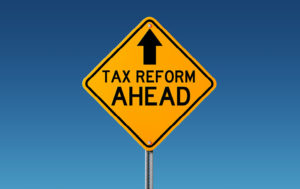
Are you paying the right amount of super for your employees? It’s that time of the year again, where the Australian Bureau of Statistics (ABS) release the indexation factors that are critical in determining various superannuation thresholds. While the super guarantee is still frozen at 9.5%, the maximum contribution base will increase to $54,030 per quarter (or $216,120) for 2018-19. Employers are not required to provide the minimum super guarantee for the part of employees’ wages above the maximum contribution base.
Besides the part employees’ wages above $216,120, you as an employer, are required to make minimum contributions of 9.5% of an employee’s ordinary time earnings by quarterly due dates to their nominated superannuation funds if you pay the employee $450 or more (before tax) in a calendar month. This is irrespective of whether an employee is full-time, part-time, casual, a family member, company directors, those who receive a super pension or annuity while still working, or temporary residents.
You should note that the ATO considers certain contractors that are paid mainly for their labour to be employees for super guarantee purposes. This is the case even if the contractor quotes an ABN. If you’re not paying the right amount of super for your employees and some contractors, beware, the ATO uses sophisticated data analytics to identify employers at high risk of non-compliance. It also takes a differentiated approach to compliance and penalties depending on the compliance history of the employer and how actively they engage to meet their superannuation obligations. Therefore, it pays to be in the good books of the ATO as they may take a more accommodating approach should your business have any discrepancies in super guarantee payment to your employees.
However, employers who are unwilling to meet their super guarantee obligations should expect the ATO to take firm compliance action including the imposition of penalties such as the super guarantee charge, a Part 7 penalty (up to 200%) for late lodgement of the super guarantee statement or failing to provide information when requested, and an administrative penalty (up to 75%) may also apply for an employer who makes a false and misleading statement.
If you’re having issues with working out the right super amount to pay to your employees or if you would like to determine whether that person working for you is considered to be an employee or a genuine contractor, we can help.


